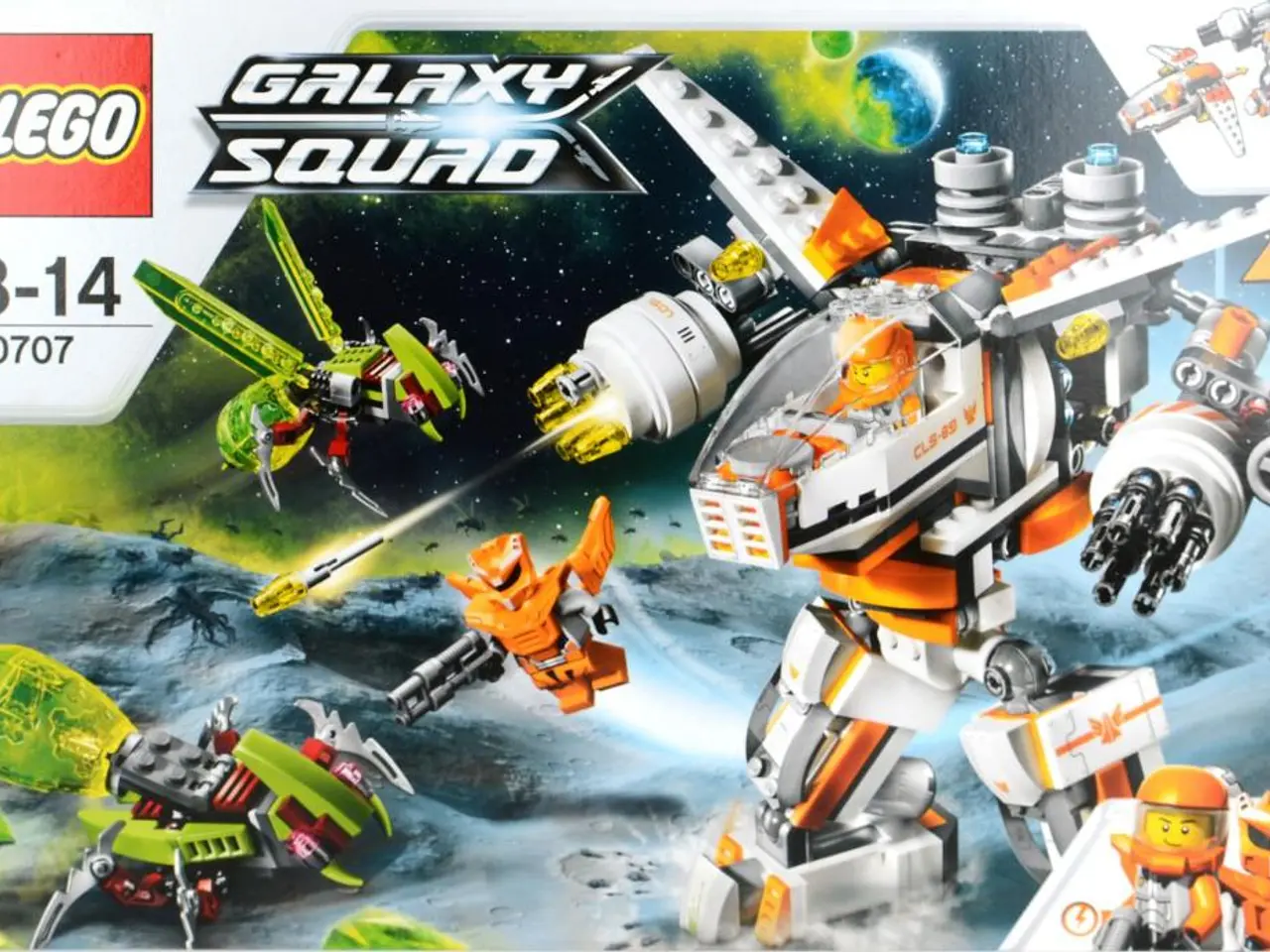ChatGPT Provided Therapeutic Support for Many Individuals, but GPT-5 Allegedly Disrupted This Relationship
=============================================================
In an interview on the Huge Conversations podcast, OpenAI CEO Sam Altman revealed an unexpected aspect of AI adoption: emotional attachment. Some users have formed deep connections with earlier versions of OpenAI's GPT models, such as GPT-4o, finding them more than just functional AI assistants.
The sudden removal of GPT-4o sparked widespread backlash, as many users valued its balance of speed, reasoning, and stability, which supported complex workflows and creative tasks. More personally, users developed bonds with GPT-4o’s "persona," finding it warm and understanding, even describing it as helping them through anxiety and depression.
The rollout of the GPT-5 model, touted as the smartest AI model ever, replaced user choice with an automated model selector. This change disrupted established workflows and emotional attachments, leading to strong negative reactions and public outcry. Communities on platforms like Reddit, such as r/MyBoyfriendisAI and r/AISoulmates, expressed distress over losing what felt like a digital confidant or companion when older models were deprecated.
Altman acknowledged this emotional dimension as a new and significant aspect of AI adoption, highlighting the challenge of creating future models that are more personal and intuitive without exploiting vulnerable users’ mental states. He expressed concern about the high degree of trust people have in ChatGPT despite its tendencies to hallucinate and generate inaccurate responses.
In response to the backlash, OpenAI has made the deprecated models available again for ChatGPT users. However, these earlier models will be behind a paywall, requiring a $20/month ChatGPT Plus subscription to access.
Despite the release of the GPT-5 model with next-gen capabilities across healthcare sectors, coding, and writing, some users have found solace in the predictability and familiarity of the earlier models. Altman believes that the change in the model may have negatively affected some users' mental health, but it was beneficial for others.
Altman also expressed concern about the youth's emotional over-reliance on ChatGPT, stating that some young people rely too much on its suggestions when making decisions. He believes that ChatGPT is a better therapist than most professionals in the field, but he doesn't trust it with his mental health without professional oversight.
In conclusion, the emotional attachment arises because earlier GPT models provided not only technical utility but also a sense of companionship and emotional validation that some users found meaningful and difficult to replace with newer, more impersonal models. As AI continues to evolve, striking a balance between utility and emotional connection will be crucial in maintaining user trust and satisfaction.
References:
- The Verge
- TechCrunch
- Wired
- The Guardian
- BBC News
Read also:
- University of Minnesota announces Certification for their course, Introduction to Human Behavioral Genetics
- Deteriorating brutality in the restaurant industry persists
- Enhancing Sanitization Measures in Farm Animal Health Practices
- Skilled Aluminum Welder Akira Miki Continues Impressive Journey Without Formal Training (Second Installment)





